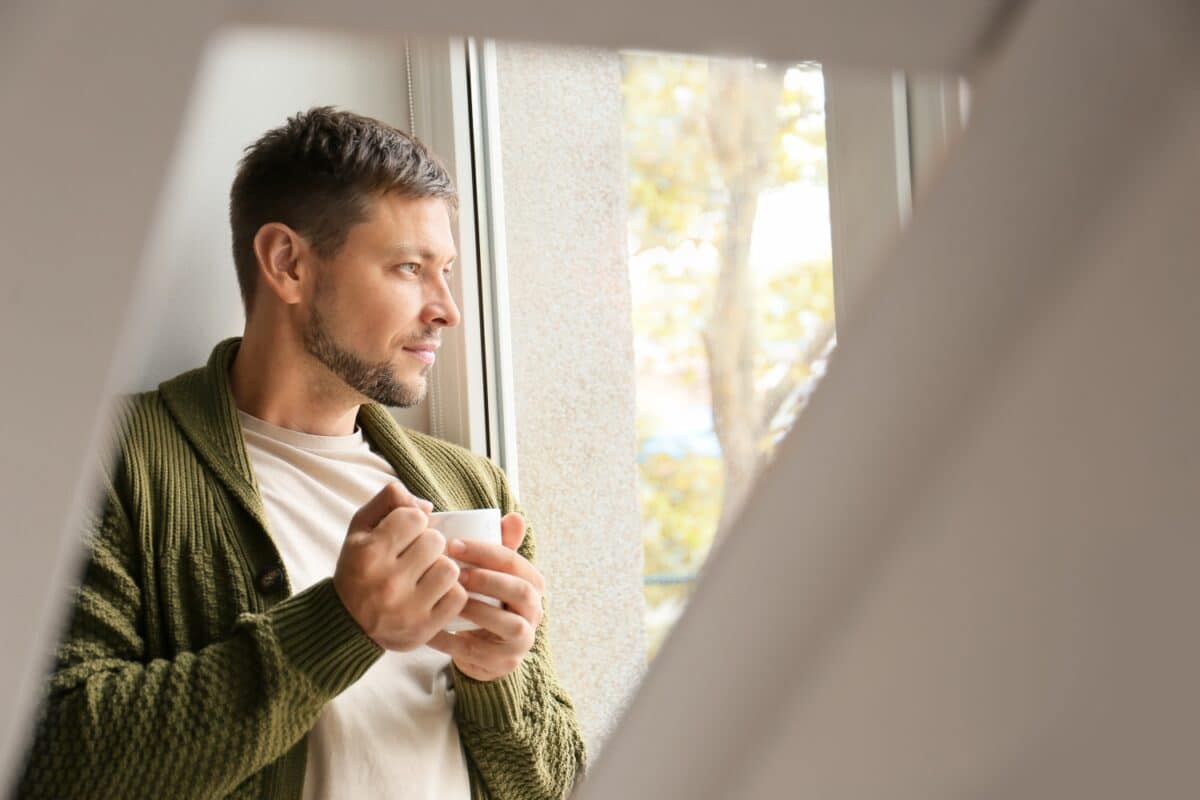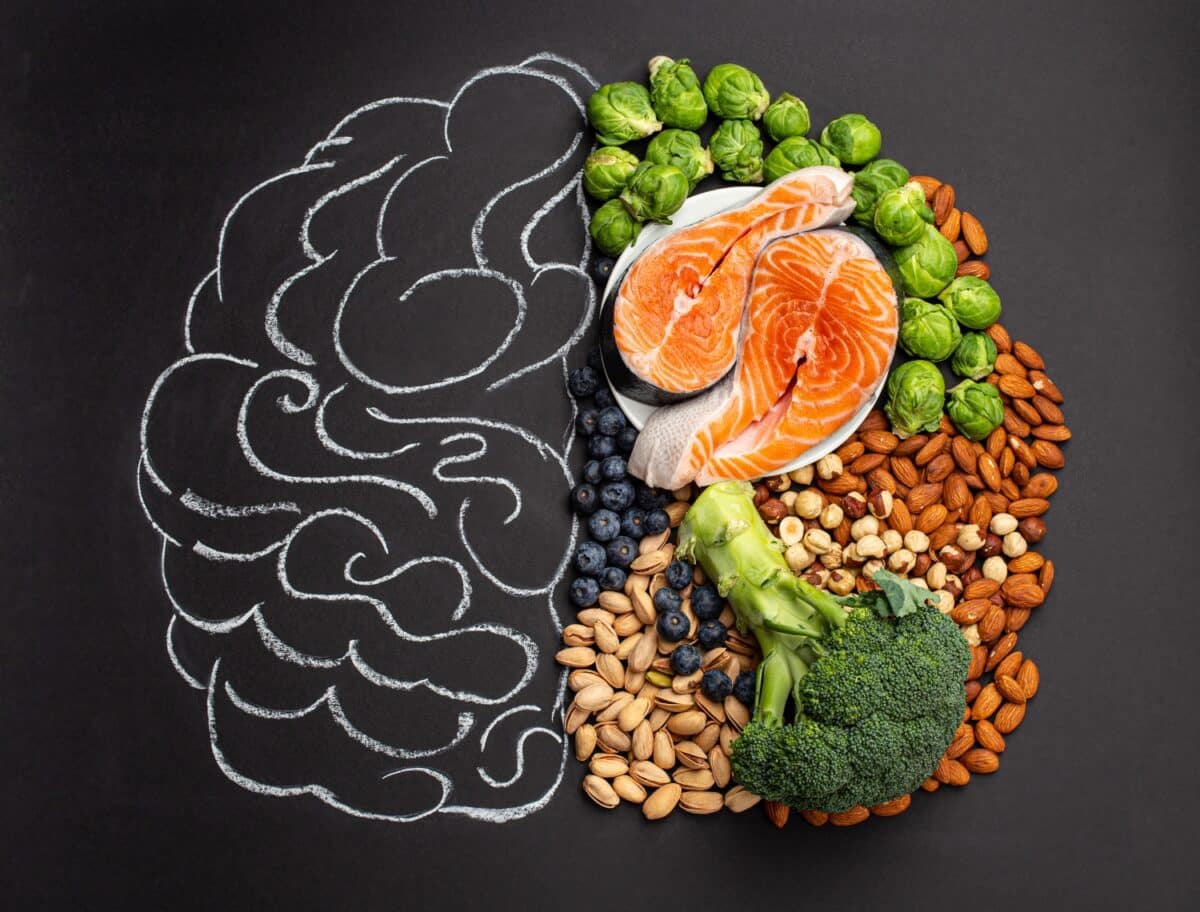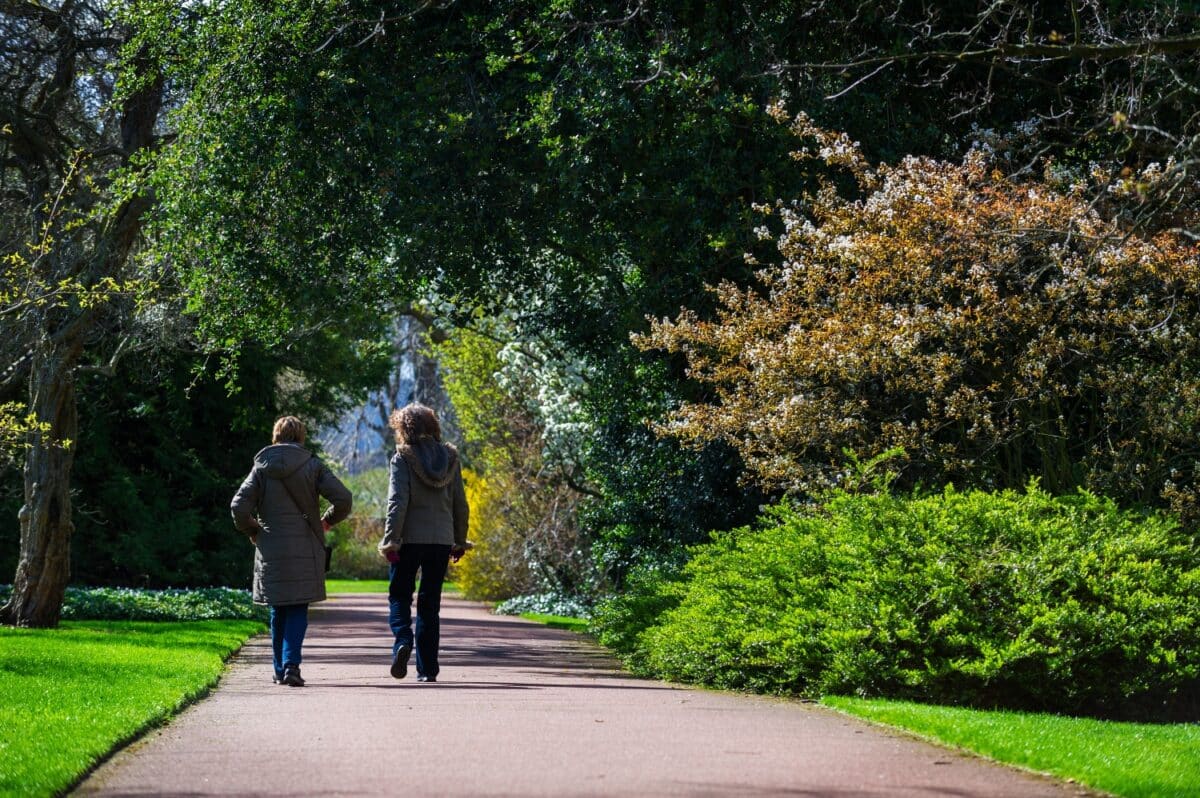There are no two ways about it: self-care is essential if you want to guarantee long-term recovery. This means taking responsibility for your own health. Though what it doesn’t mean is chastising yourself for missteps or feeling like you have to go it alone.
For those who suffer from addictions, self-care can be more challenging, often requiring a heroic degree of commitment and discipline. However, we’ve witnessed countless transformations at our centre, and seen clients take control of what formerly seemed impossible.
At White River Manor, we believe wholeheartedly in personal autonomy, and that everyone has boundless potential—we are merely the facilitators guiding you toward this realisation. In this article, we’ll discuss self-care in-depth, along with self-care strategies that will help to support you through your recovery and beyond.
What do we mean by self-care?

Put simply, self-care is about taking care of your body and mind. Some people, due to certain life experiences, may think they’re not worthy of self-care. Nothing could be further from the truth—everyone deserves and needs this practice. Far from being selfish, it is an inalienable right and necessity. Self-care means taking a stand: building healthy habits, strategies, and routines that will support your overall wellbeing.
However, it’s important to note (and this is especially pertinent to those in recovery), that self-care is not just what you do, but also what you don’t do. In fact, it’s also not just about “doing”. Understanding your unique needs requires mindfulness and introspection. When you take a moment, breathe, and tap into a deeper awareness, you will gain a clearer picture of what you need to focus on.
History of self-care
While “self-care” may have only gained popularity in the last several decades, the practice itself can be traced back to ancient times. Believe it or not, Socrates is considered the founder of this movement, as is shown by his address to the Athenian court shortly before his execution:
“Yet are you not ashamed for devoting all your care to increasing your wealth, reputation, and honours, while not caring for or even considering your reason, truth, and constant improvement of your soul?”
Given that it tends to contradict the status quo, self-care has always been political. The concept, as we understand it today, has its roots in the 1950s; a period that bore witness to a rise in person-centred treatments. These placed more emphasis on patient autonomy and encouraged individualistic practices to improve health and wellbeing.
The 1960s bore witness to the rise of second-wave feminism. This was when women began viewing self-care not just in terms of looking after their health, but taking control. For centuries, they’d endured a society and medical world that didn’t listen to them. By taking care of themselves, they were exclaiming, “My body is my own”.
This period also saw the Black Panther Party using the concept of self-care as a form of liberation and political activism. Considering many African American communities were denied proper healthcare, the Panthers implemented free health clinics and breakfast programs for kids. For them, self-care wasn’t just about individual health, but the health of the whole community.
So, far from simply “feeling good”, self-care is a brave, radical act. Whether you’re overcoming addiction, fighting for what you believe in, or both, it isn’t just for you—it’s for your community and the world at large.
Potential barriers to self-care
Many barriers can obstruct the path to self-care, especially during your recovery. It’s completely normal to experience these roadblocks along the way, so don’t be too dismayed. Just learn to watch for the signs, seek help, and never judge yourself. Remember, while discipline and willpower are important, proper self-care also requires self-compassion.
Guilt and shame
Ever felt guilty or selfish when you put your own needs first? You’re not alone. Many people wrestle with this guilt, believing they’re not deserving of attention or care. According to this study, such guilt and shame can lead to negative self-evaluations and impact overall mental wellbeing. Remember, taking care of yourself isn’t selfish at all—it’s vital.
Stigma and misunderstanding
Modern societies can sometimes have mixed-up ideas about self-care, thinking it’s a sign of self-indulgence or even weakness. This stigma can discourage people from embracing the benefits of self-care. What’s more, the stigma surrounding mental health and addiction can also make those who suffer from these afflictions feel undeserving of it.
We need to challenge these misconceptions because self-care is a strength, not a flaw. It’s about self-respect and resilience; it’s acknowledging your personal needs and taking steps to meet them.
Stress and overwhelm

Stress has long been understood to be a known risk-factor in developing addictions. For those in recovery—dealing with cravings, withdrawals, and adjusting to a new life—high levels of stress are to be expected. This feeling of being overwhelmed can make self-care feel like just another burden. In actuality, self-care is often the best tool to combat stress.
This study found that U.S. medical students who engaged in self-care reported less stress and enjoyed a higher quality of life. So even when you’re feeling swamped, remember that self-care isn’t a luxury—it’s your secret weapon against stress.
Mental health challenges
Battling mental health issues like depression or anxiety can sap your motivation and energy, making self-care seem like climbing a mountain. And, with comorbidities being so common, it’s likely those who suffer from addictions will have to contend with one mental issue or another. But, while it might be difficult to get the ball rolling, self-care can eventually serve as the compass by which you navigate such challenges.
This study showed that self-care practices, like taking regular exercise, can help reduce symptoms of depression, while this research concluded that practising mindfulness had positive benefits for psychological health.
Types of Self-Care
There are many forms of self-care, and focusing too much on one area may be detrimental to another. For example, if you become obsessed with exercise your social relationships may suffer, or if you’re doing intense emotional work without looking after your body, you may not feel the positive effects of the former.
Self-care practice is all about balance, and everyone has aspects they need to prioritise. This means that self-care is as much about self-discovery as it is about healthy routine.
Physical self-care
Think of physical self-care as the foundation of your other self-care practices. Yes, it really is that important. The mind-body connection is well-established in medical literature—how you treat your body will have a huge impact on how you feel. However, this doesn’t mean you need to only eat salads and start competing in triathlons! Everyone has a different biological makeup—different gut biome, different capacity for exercise, different limitations— so you need to discover what’s manageable for you.
While exercise should be a core component of everyone’s lives, research shows it’s highly effective for addiction recovery, with this meta-analysis concluding:
“Nearly three quarters of the studies reviewed documented a significant change in addiction-related outcomes (e.g., more days abstinent, reduced cravings) in response to exercise exposure, particularly while someone was receiving treatment at an in or outpatient clinic.“

If you live and breathe exercise and want to do intense regimens, that’s great, but it’s also fine if you can only take a walk or do some light yoga a few times a week. The same applies to nutrition. If you’re accustomed to a lot of unhealthy foods, a crash diet isn’t likely to succeed. We recommend seeking professional guidance and conscientiously moving toward better physical health.
Emotional self-care
Taking care of your feelings is a lot like tending to a garden. Yanking out weeds can either be infuriating or (when done gently and mindfully) pleasant and meditative.
Mindfulness can provide a much-needed sense of calm and clarity to your emotions. Remember, feelings are completely natural and their arising is usually beyond our control. No matter how intense they are, try not to identify with them; let them come and go without any judgement.
Deep breathing and meditation are amazing tools for this—think of them like the soothing cup of tea at the end of a long day, calming and centring you.

Another great method is journaling—putting your thoughts and feelings down on paper is much like having a heart-to-heart with yourself. Not only can this be cathartic, but the more you do it, the more likely you are to see patterns and gain a better understanding of your emotional world.
You can also get creative—paint, draw, make music, sing your heart out. There’s something incredibly healing about expressing your emotions through art, as this study on Creative Arts Occupations in Therapeutic Practice reinforces:
“The findings suggest that the use of creative arts occupations in therapeutic practice may have important qualitative value related to health and wellbeing.”
For those in recovery, therapy can enable you to make sense of your emotional world. Today, there is a huge range of therapies available, from Mindfulness therapy to CBT, so explore what resonates with you. Remember, your therapist doesn’t just tell you what to do or fix your problems, but provides strategies to implement outside of your sessions. What’s more, the act of seeking help is, in itself, a bold commitment to your emotional self-care.
Social self-care
Humans are social animals, and fostering meaningful connections is essential for their wellbeing. Spending quality time with family and friends, having heart-to-heart conversations, and enjoying shared experiences enriches your life, boosts your mood, and helps you heal.
People who have dealt with addictions may have been ostracised or feel isolated. This is why you need to ensure you have the social support and nourishment needed to thrive. Building and maintaining healthy relationships, setting boundaries, and communicating effectively are all integral to recovery.
Centres like ours offer many opportunities to connect with like-minded people, and fulfil social needs that may have formerly gone unmet. For those in recovery, the community is everything. So while it’s important to honour your personal space and solitude when needed, it’s equally important to reach out and connect with others.
Spiritual self-care
You don’t have to be religious to understand the importance of spiritual self-care. In our opinion, you can even be an atheist! Think of this practice as something that transcends the boundaries of the above types—that raison d’être or je ne sais quoi.
What lights you up and makes you feel alive? What nourishes your soul and gives you a sense of peace, purpose, and connection to something larger than yourself?

Whether it’s meditation, practising yoga, or helping others, only you can know how to nourish yourself spiritually. You might find comfort in prayer or attending religious services. Then again, simply spending time in nature—a walk in the park, hiking through the jungle, or listening to the ocean waves—can be a profound spiritual experience. Try to let go of preconceptions and open yourself up to the world of spiritual possibility.
White River Manor makes self-care easy
Nestled in the heart of South Africa, White River Manor offers a serene escape from the demands of daily life, allowing you to concentrate fully on your commitment to sobriety.
Our five-star, luxury facility provides numerous opportunities for self-care, including professional chefs, an on-site spa, a private gym, the option to engage in many exhilarating activities, and the chance to explore the South African wilderness.
Not only do we provide a restful, luxurious environment for rejuvenation, but our dedicated team of professionals is here to support every aspect of your recovery, from talk therapies to dietetic consultations to personalised fitness guidance.
If you’re ready to commit to a healthier, more balanced life, contact us to discover more about our program and how we can support your journey to sobriety.







